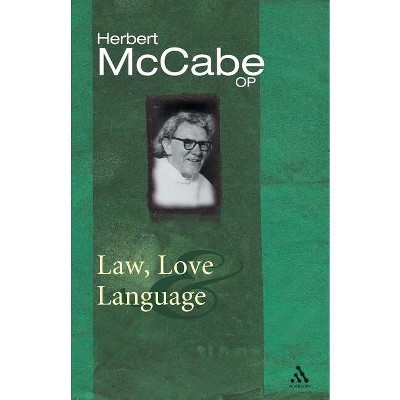Sponsored

Law, Language, and Science - (Social History of Africa) by Diana Jeater (Hardcover)
In Stock
Sponsored
About this item
Highlights
- This book examines the mentalities of various communities within a district of Southern Rhodesia (Zimbabwe).
- About the Author: Diana Jeater is Head of the School of History and Principal Lecturer in African History, University of the West of England, Bristol.
- 296 Pages
- Language + Art + Disciplines, Language Arts
- Series Name: Social History of Africa
Description
About the Book
This book examines the mentalities of various communities within a district of Southern Rhodesia (Zimbabwe). Focusing in particular on white administrators and missionaries in the Melsetter District, it combines linguisitc/lexical analysis with historical interpretation, in an attempt to reconstruct what whites and Africans actually meant by the words and practices they used in interactions with each other. Jeater provides a detailed study of translation work in Mt Selinda, an evangelical mission; it also examines formal and informal court hearings, to contrast the perceptions and meanings ascribed to cases by white adjudicators and by African participants. This leads into an initial attempt to map out the birth of ethnography in Southern Rhodesia and to contrast it with anthropology in South Africa. By the 1920s, Africans' expertise in their own languages and culture had been usurped by self-referential white linguists and ethnographers. This account suggests that there is a tendency among archive-oriented historians to overestimate how far white missionaries and administrators really understood what Africans said and did. In addition to making a contribution to our empirical knowledge of Zimbabwe's history, the book focuses on how and why investigators first began to make claims to such knowledge. It urges those studying African history to be self-reflective about their practice, examining the historical roots of their claims to expertise. such claims
Book Synopsis
This book examines the mentalities of various communities within a district of Southern Rhodesia (Zimbabwe). Focusing in particular on white administrators and missionaries in the Melsetter District, it combines linguisitc/lexical analysis with historical interpretation, in an attempt to reconstruct what whites and Africans actually meant by the words and practices they used in interactions with each other. Jeater provides a detailed study of translation work in Mt Selinda, an evangelical mission; it also examines formal and informal court hearings, to contrast the perceptions and meanings ascribed to cases by white adjudicators and by African participants. This leads into an initial attempt to map out the birth of ethnography in Southern Rhodesia and to contrast it with anthropology in South Africa. By the 1920s, Africans' expertise in their own languages and culture had been usurped by self-referential white linguists and ethnographers. This account suggests that there is a tendency among archive-oriented historians to overestimate how far white missionaries and administrators really understood what Africans said and did. In addition to making a contribution to our empirical knowledge of Zimbabwe's history, the book focuses on how and why investigators first began to make claims to such knowledge. It urges those studying African history to be self-reflective about their practice, examining the historical roots of their claims to expertise. such claimsReview Quotes
"In a series of brilliantly observed vignettes, Diana Jeater describes the process through which missionaries in southeastern Zimbabwe went about translating sections of the Bible into the local language. [...] As Jeater shows with persuasive clarity, the work of translation--both literal and metaphorical--that is the central subject of her book rarely involved any serious effort to comprehend the linguistic and cultural contexts in which Africans moved; rather, it focused almost exclusively on finding efficient ways to convey European or Christian ideas and regulations." --American Historical Review
About the Author
Diana Jeater is Head of the School of History and Principal Lecturer in African History, University of the West of England, Bristol.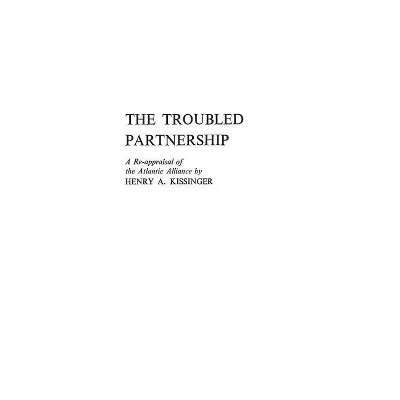


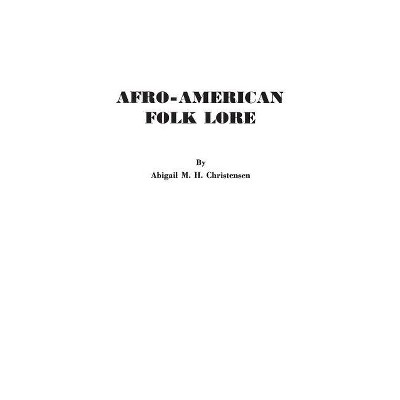
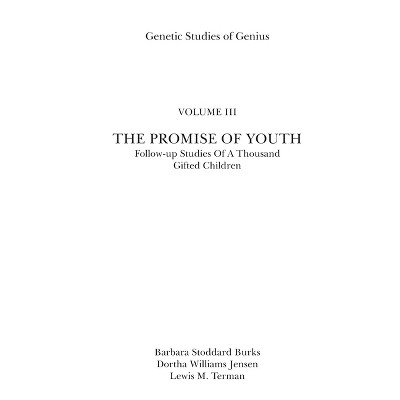
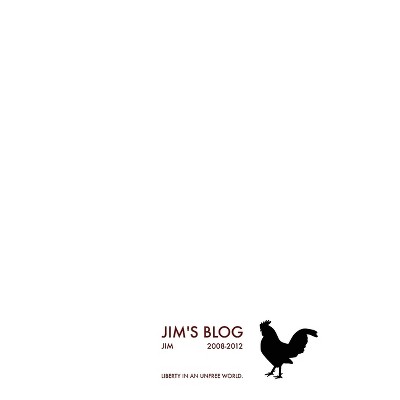
![Legal Language and the Sea - (Foundations in Language and Law [fll]) by Mary C Lavissière & Audrey Cartron & Laurent Gautier (Hardcover)](https://target.scene7.com/is/image/Target/GUEST_46740c11-7d15-4130-91e0-1314588907ff)

![More Than (Just) Words - (Foundations in Language and Law [fll]) by Magdalena Szczyrbak (Hardcover)](https://target.scene7.com/is/image/Target/GUEST_f07367f5-8bb5-47cd-bb5d-353b2666e074)

